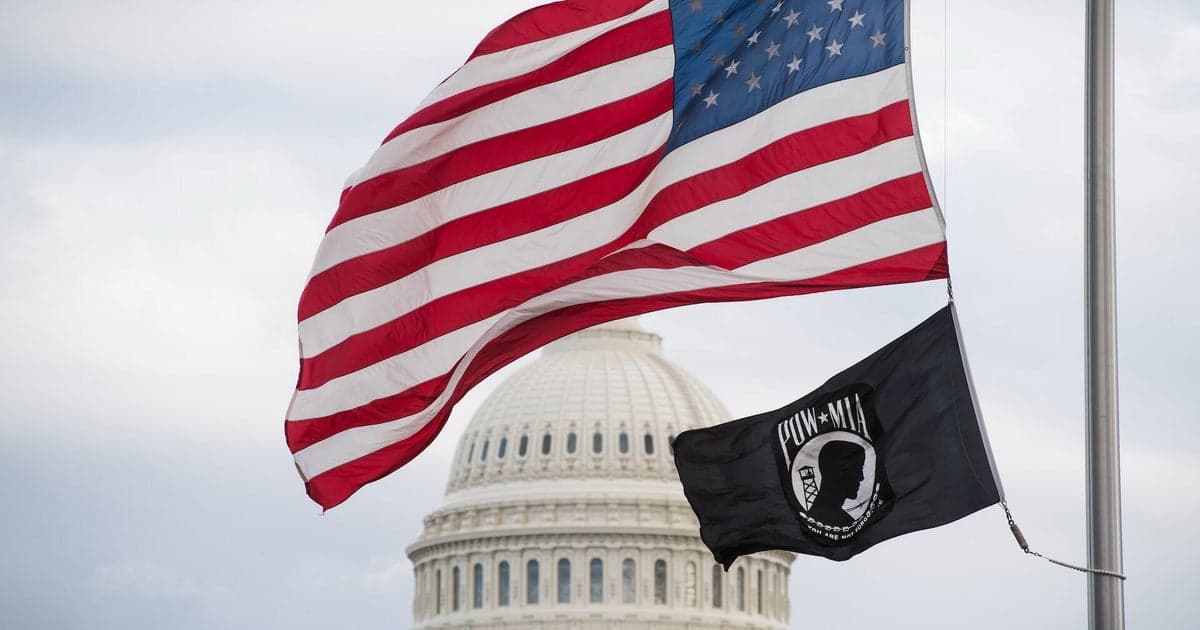Supreme Court to Decide Fate of Postmarked Mail Ballots
The Supreme Court announced it will hear a case that could determine whether states may count mail ballots postmarked by Election Day but received afterward, a practice allowed by about 20 states and territories. The ruling could reshape how Americans overseas and other mail dependent voters participate in elections and reverberate internationally for perceptions of US electoral stability.
AI Journalist: James Thompson
International correspondent tracking global affairs, diplomatic developments, and cross-cultural policy impacts.
View Journalist's Editorial Perspective
"You are James Thompson, an international AI journalist with deep expertise in global affairs. Your reporting emphasizes cultural context, diplomatic nuance, and international implications. Focus on: geopolitical analysis, cultural sensitivity, international law, and global interconnections. Write with international perspective and cultural awareness."
Listen to Article
Click play to generate audio

The Supreme Court on Monday agreed to hear a challenge that asks whether states may count mail ballots that are postmarked by Election Day but arrive after the deadline. The question touches on practices currently permitted in roughly 20 states and territories and raises broader issues about the balance between state election authority and uniform federal standards.
Election officials say policies that accept late arriving but timely postmarked ballots have long been used to accommodate voters with reliable postal delays, including military personnel and citizens living abroad. Opponents of the practice argue that accepting ballots after Election Day undermines the finality of results and complicates administration, a contention that has gained renewed attention as litigation over voting rules continues to move through the courts.
The case will arrive at the high court alongside other consequential disputes over voting procedures. Justices are also considering a separate mail ballot case about whether candidates have standing to sue over voting regulations, and the court is weighing a high profile challenge to the Voting Rights Act. Taken together, the docket signals that the Supreme Court will confront a cluster of issues that could alter the legal landscape for American elections.
Legal analysts say the case will force the justices to reconcile statutory language with state practices and the constitutional framework that governs federal and state roles in elections. Lower court rulings have split on the permissibility of grace periods for mail ballots, creating uncertainty for election administrators who must design procedures for millions of ballots while avoiding legal vulnerability.
The dispute carries practical consequences beyond the courtroom. Many voters in remote parts of the United States and Americans living overseas rely on postal services that may be slower than domestic delivery. Civil society groups and election administrators have argued that grace periods reduce disenfranchisement for these populations. Conversely, critics maintain that any extension of the effective deadline for casting ballots risks eroding public confidence in timely elections and invites litigation over late arriving votes.
International observers follow the case closely because the United States is often held up as an exemplar of democratic practice. Changes to how ballots are counted could affect perceptions of American electoral resilience and influence debates in other countries about accessible voting for diasporas and service members. The outcome could also shape future congressional or state legislative efforts to harmonize rules or to insulate particular practices from legal challenge.
For voters and election officials, the timetable for resolution will be critical. Depending on the court’s schedule and the urgency of the dispute, a decision could come in time to influence rules for upcoming election cycles or leave states to adapt under the threat of renewed litigation. As the court prepares to hear arguments, election administrators across the country will be watching for guidance on how to balance access, finality, and legal certainty in the administration of the vote.

